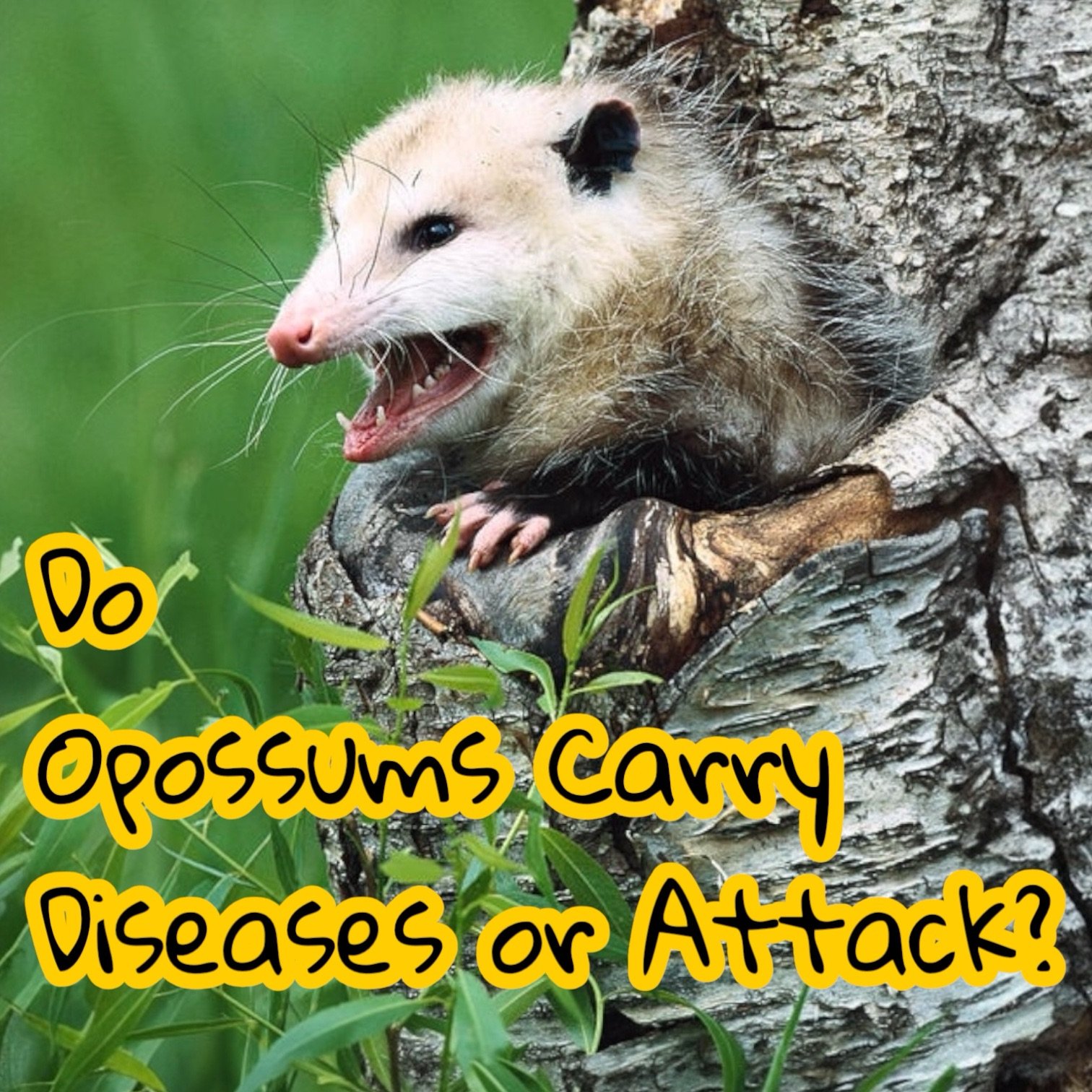
Do Opossums Really Carry Diseases?
This is one of the first questions people ask when they spot an opossum in the yard—do opossums carry diseases that can harm people or pets? It’s a fair question, especially since they look a little creepy and have a habit of rifling through trash.
The truth is, yes, they can carry some diseases—but probably not the ones you’re thinking of, and they rarely spread them to humans. Opossums have been linked to things like leptospirosis, salmonella, and toxoplasmosis. But here’s the thing—just because they can carry these diseases doesn’t mean they’re actively spreading them around your yard.
They’re actually some of the cleanest wild animals, grooming themselves regularly like cats. Their body temperature is also lower than most mammals, which makes it extremely rare for them to carry rabies—one of the most feared and misunderstood diseases out there. I covered this in more detail in Opossum Facts and Myths: What Makes Them So Fascinating, and it still surprises people every time.
So yes, technically they can carry some things—but unless you’re planning to grab one and wrestle it, the risk is minimal.
If you love learning about these quirky little survivors, you’ll find a whole lot more here: Exploring Facts About Opossums!
How Common Are Opossum-Borne Illnesses?
Let me put it this way—you’ve probably had an opossum walk through your yard before, maybe dozens of times, and never even knew it. If they were a major disease threat, we’d all be in trouble by now.
One of the most overlooked opossum facts is how unlikely it is for humans or pets to catch anything from them. According to wildlife studies, actual documented cases of disease transmission from opossums are extremely rare. They’re more likely to help clean up your yard than make you sick.
They’ll eat dead animals, rotting fruit, and ticks (so many ticks), which can sound gross, but in reality, they’re often helping reduce the spread of Lyme disease and other tick-borne illnesses.
People tend to lump them in with raccoons or rodents, but opossums are marsupials, and their habits are totally different. They’re not gnawing on wires or nesting in insulation—they’re just passing through, doing their cleanup job, then disappearing before sunrise.
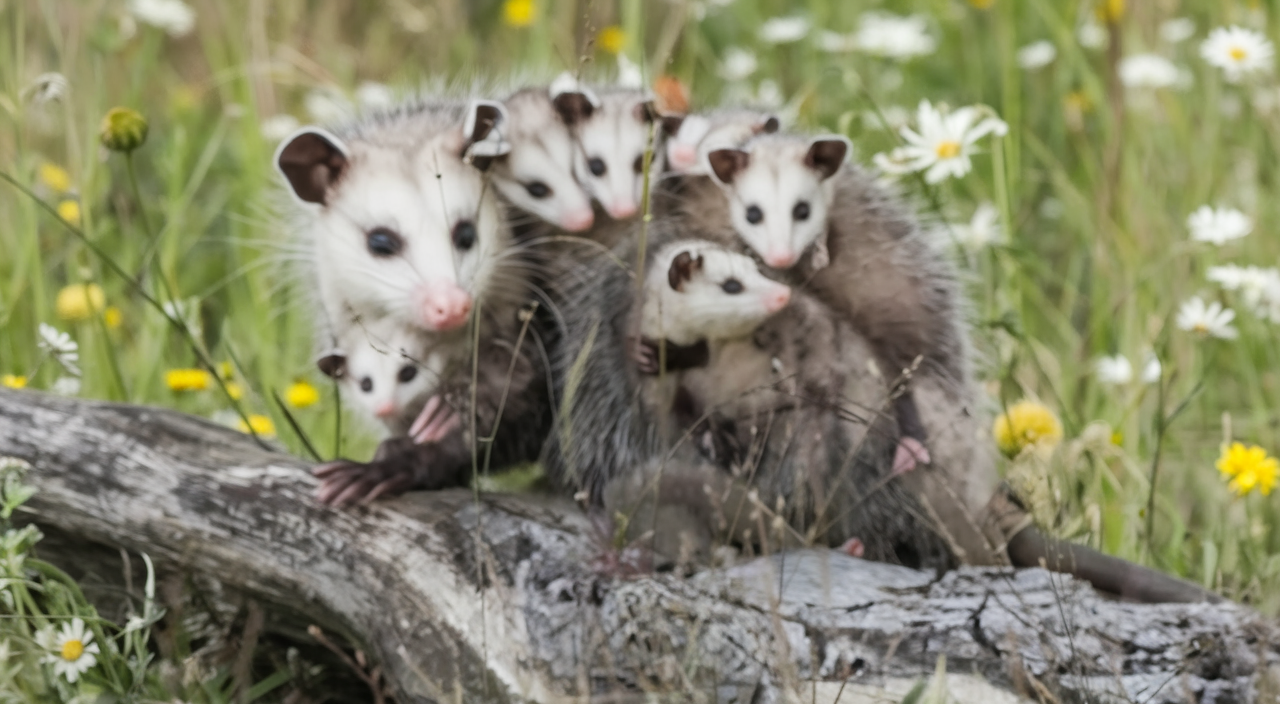
Are Opossums Dangerous to Humans?
I’ll be honest—I used to think so. Something about the hissing, the teeth, the creepy grin—it all just screamed “I might bite you.” But after digging into the truth and seeing them up close, I’ve learned that opossums aren’t dangerous to humans at all.
They don’t want a fight, and they’re not aggressive by nature. Most of their tough-guy behavior—hissing, drooling, showing those 50 teeth—is all just for show. It’s bluffing. They’re scared and hoping you back away first.
I’ve never seen one actually charge or chase anyone. If anything, they’ll freeze up, run, or “play dead” if you get too close. And they definitely don’t hunt or stalk people (even though their beady little eyes sometimes make it feel that way 😅).
So if you’ve ever wondered, do possums attack humans? The answer is basically no. Unless you physically grab or corner one, you’ve got nothing to worry about.
What If a Possum Bites You?
Let’s just say this is highly unlikely. But hey, stuff happens.
If you—or more likely, your curious dog—gets too close and a possum does bite, the risk is still super low. Like I mentioned earlier, they rarely carry rabies, and their mouths are nowhere near as dangerous as a raccoon’s or even a feral cat’s.
If you do get bit:
- Wash the area immediately with soap and water.
- Apply an antibiotic ointment.
- Contact your doctor, especially if it broke the skin or if you’re immunocompromised.
Keep in mind: possum bites aren’t venomous, and most don’t even require medical treatment beyond a quick cleanup. But like with any wild animal, you want to be cautious—not scared, just smart.
And again, bites are super rare. I’ve had more mosquito bites this week than the total number of documented possum bites I could find while researching.
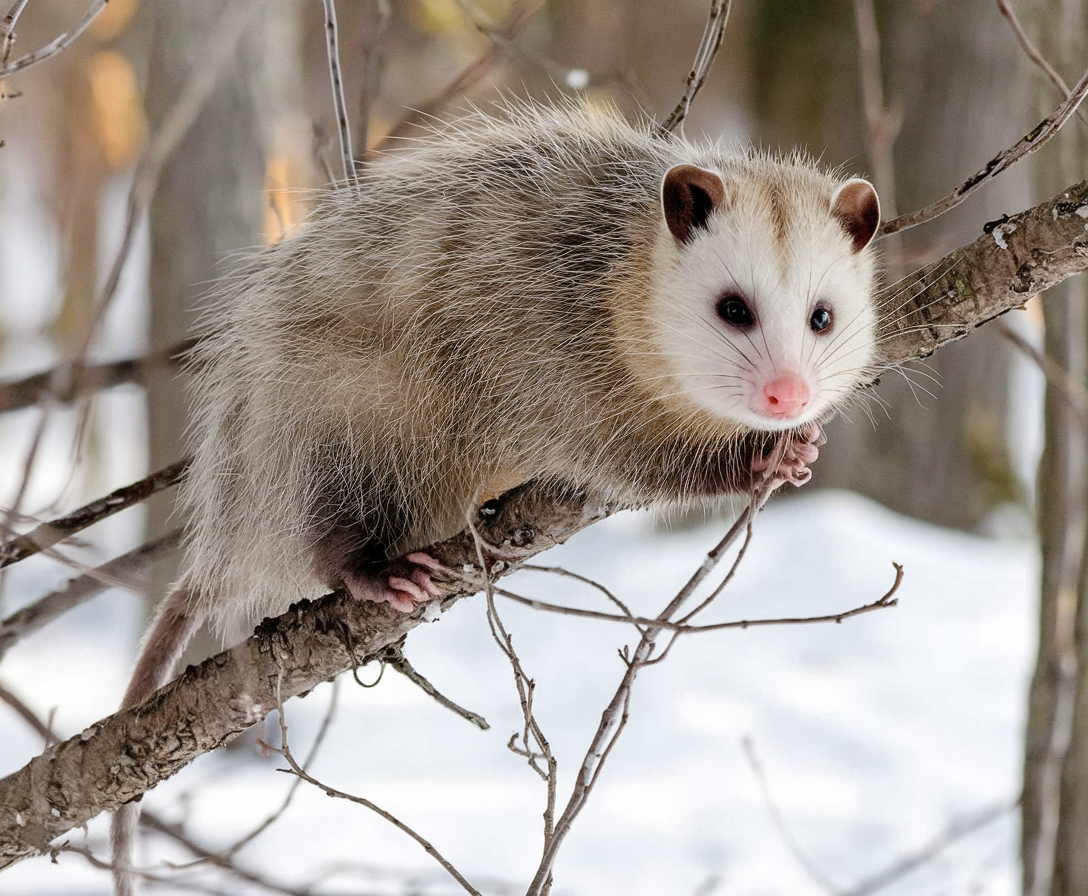
Will Opossums Attack Pets Like Dogs or Cats?
One of the most common fears people have is whether a possum will go after their dog or cat. It’s a good question, and it’s one we’ve had to answer more than a few times. So let’s clear it up: opossums aren’t predators, and they’re definitely not looking for a fight with your pets.
Most of the time, if your dog comes across an opossum in the yard, the opossum is going to do what it does best—freeze, hiss, or play dead. It’s their instinct. They don’t stand their ground like raccoons or skunks. They’re not aggressive unless cornered and terrified, and even then, any kind of “possum attack dog” situation is extremely rare.
Now, if a dog physically pins or bites a possum, that possum might nip back out of pure defense. But even then, the risk of disease transmission is low. The bigger concern is usually for the opossum’s safety, not your pet’s. In fact, more often than not, the possum ends up on the losing end of the scuffle.
And if you’re wondering how to peacefully share your yard with opossums without stressing your pets, we cover that in Opossum Facts and Myths: What Makes Them So Fascinating.
What Do Opossums Do When They Feel Threatened?
This is where opossums really stand out in the animal world. When most animals feel threatened, they either run or fight. Opossums? They take weird to a whole new level.
Their go-to move is thanatosis—aka “playing dead.” But that’s not all. If they don’t drop right away, they might hiss, drool, sway side to side, or show off that huge set of 50 teeth. It’s all for show, and it works surprisingly well.
We’ve seen this behavior firsthand, and it’s impressive how committed they are to the act. They’ll even release a foul-smelling fluid from their backside to sell the whole “I’m dead, don’t eat me” vibe. Some people mistake this for rabies or illness, but in reality, it’s pure survival instinct.
So when folks ask do possums attack humans or pets, the better question might be, how do they avoid conflict so well? They’re masters of defense—not aggression.
This is a great example of why it’s worth understanding the animal before reacting out of fear. The more you know about their behavior, the less you worry when you see one waddling across your lawn.
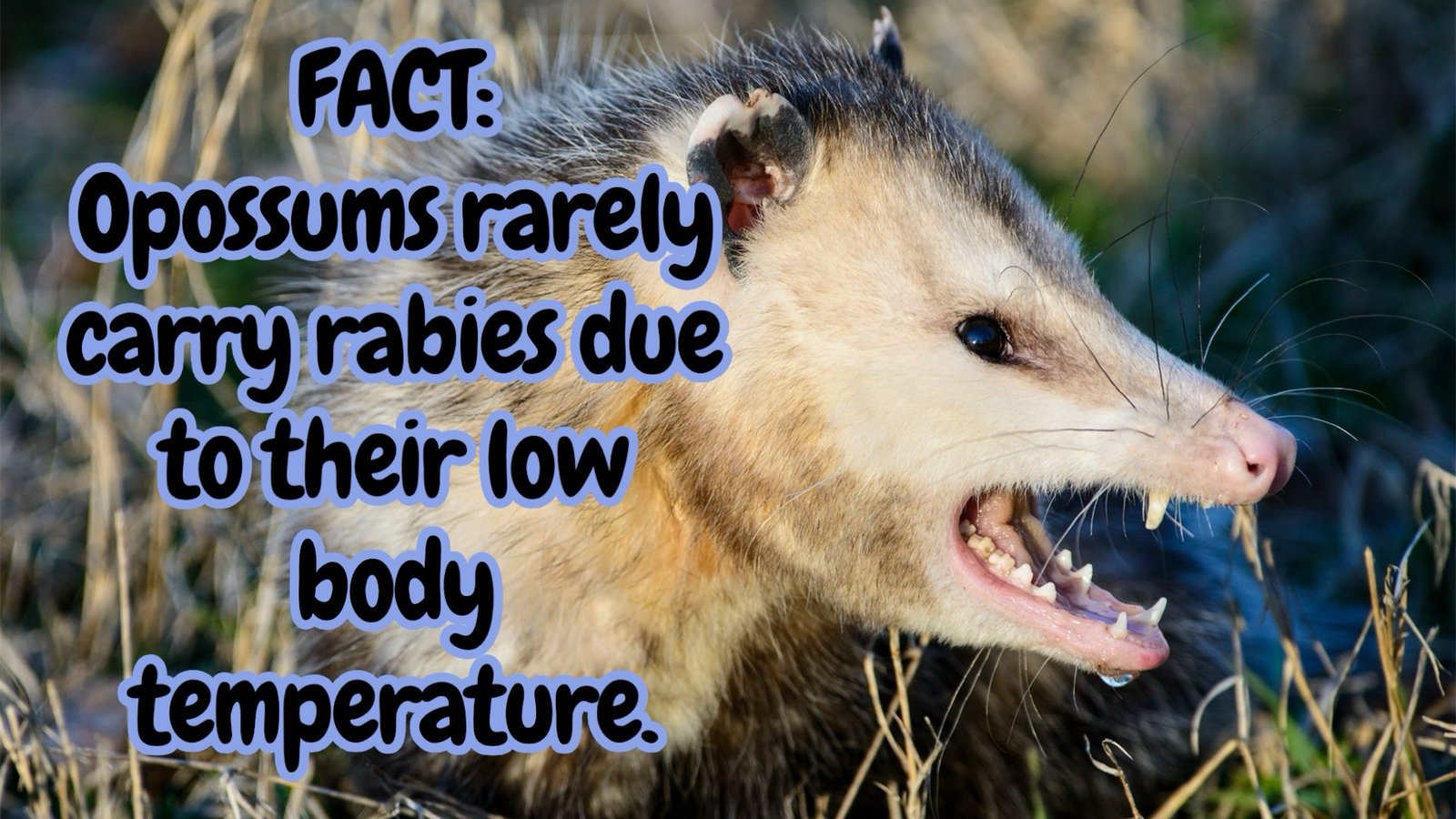
Are Possums Friendly or Aggressive by Nature?
You wouldn’t believe how often we get this one. People see the teeth and assume the worst. But here’s one of the most surprising truths: opossums are actually super chill.
They’re solitary, nocturnal creatures who just want to eat, avoid predators, and move on. They don’t seek out human interaction, and they aren’t trying to hang out with your pets or raid your house. If you leave them alone, they’ll return the favor every time.
Are they cuddly? No. Are they aggressive? Also no. The whole idea that opossums are dangerous or “nasty” is mostly based on how they look, not how they act.
When someone asks, “Are possums friendly?” we usually say this: they’re neutral. They’re not coming to say hi, but they’re not trying to hurt you either. They’re just doing their weird little possum thing—and honestly, the world could use more quiet, mind-their-own-business types like them.
Are Opossums a Pest Problem? Or Just Misunderstood?
This is where we get fired up—because opossums get labeled as pests way too often, and it’s honestly not fair.
Yes, they might go through your trash if you leave it out. Yes, they might nest under your shed if there’s an easy opening. But they’re not destructive. They don’t dig up lawns, chew wires, or tear into walls like raccoons, squirrels, or mice. Most of the time, you wouldn’t even know they were there unless you caught them on a camera trap.
We’ve heard homeowners say, “I’ve got a possum problem,” when really… they’ve got a misinformation problem.
They’re opportunists, not invaders. And when you think about all the ticks, roaches, slugs, and other nasties they eat every night? It’s hard to argue they aren’t pulling their weight.
Now, if you do need to keep them out of certain spaces (like attics or under porches), there are easy, humane ways to do that—and we’ll cover that in a future post. But calling them a pest? That’s just not fair to one of the most misunderstood critters in the country.
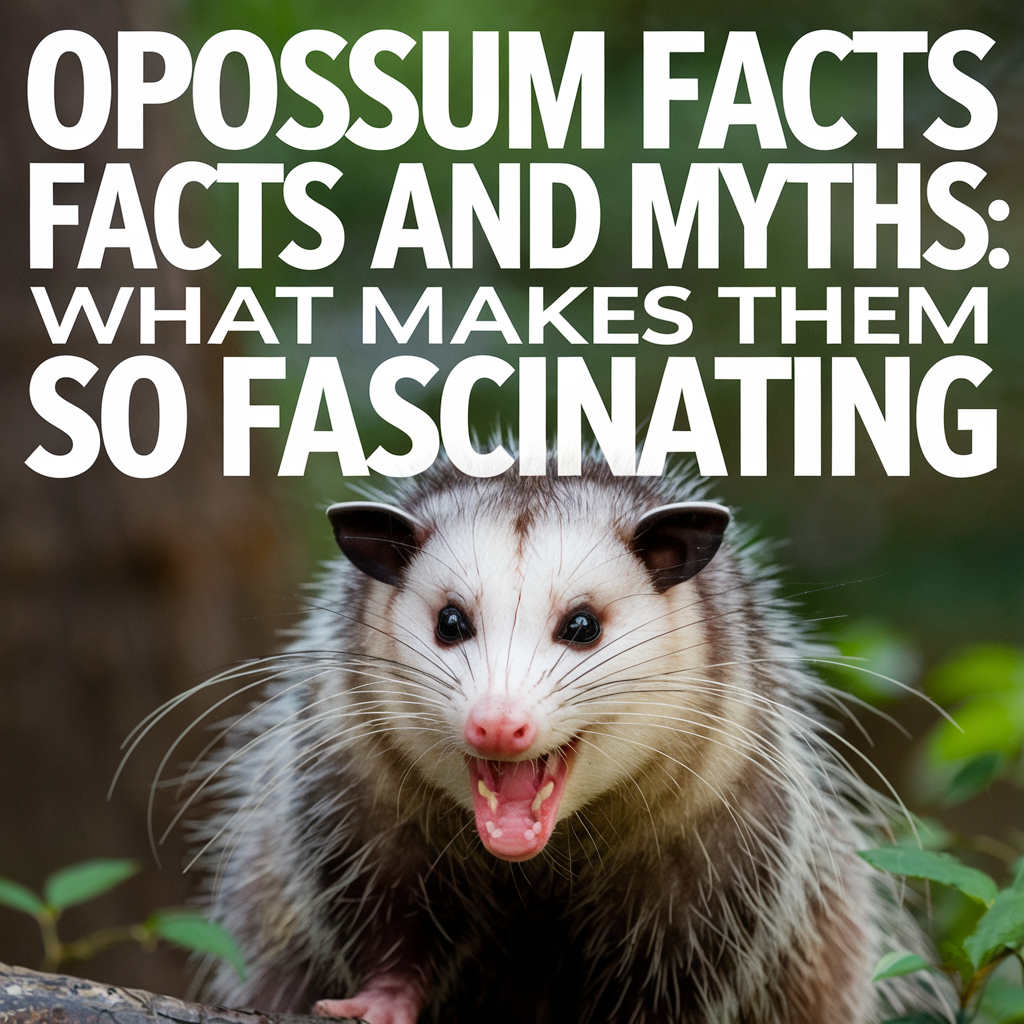
How to Keep Opossums Out—Without Hurting Them
Even if you appreciate opossums and everything they do for your yard, you might not want them nesting under your deck or sneaking into the shed. Totally fair. The good news is, you don’t need to trap or harm them to send them on their way.
Here’s what we usually recommend:
- Seal entry points – Close up crawlspaces, garages, or attic access with heavy-duty mesh or boards. If they can’t get in, they’ll move on.
- Remove temptations – Keep pet food, compost, and trash sealed up at night. Opossums follow their noses.
- Light it up – A motion-activated light or sprinkler can spook them away gently without hurting them.
- Keep it tidy – Brush piles, old lumber, and junk create perfect hiding spots. Clean up and they’ll lose interest.
We don’t recommend using harsh repellents or loud traps. Not only are they inhumane, but honestly? Opossums usually leave on their own once they realize the area isn’t easy access anymore.
They’re not stubborn like raccoons. If you make your space uninviting, they’ll go find somewhere else to do their late-night bug buffet. For more about how they actually help more than harm, check out Opossum Facts and Myths: What Makes Them So Fascinating.
Why I Don’t Panic When I See an Opossum Anymore
I used to flinch when I saw that pale face and hairless tail dart across the yard at night. Now? I kind of nod and think, “There goes the tick patrol.”
Once you understand how rare it is for them to attack, how unlikely they are to carry anything harmful, and how much good they quietly do for your yard, you start seeing them differently. They’re not pests—they’re part of the ecosystem. And they’re actually one of the most passive, helpful wild animals you can have hanging around.
Do opossums carry diseases? Sure—so do birds, dogs, and squirrels. But they almost never pass them to humans or pets.
Do possums attack? Nope. Not unless you go out of your way to corner one.
If you want to get the full scoop on their weird habits, defenses, and misunderstood personalities, here’s where to start:
👉 https://explorecritters.com/opossum-facts-and-myths-what-makes-them-so-fascinating/
And if you want to see more tips, photos, and wild facts about creatures just like this…
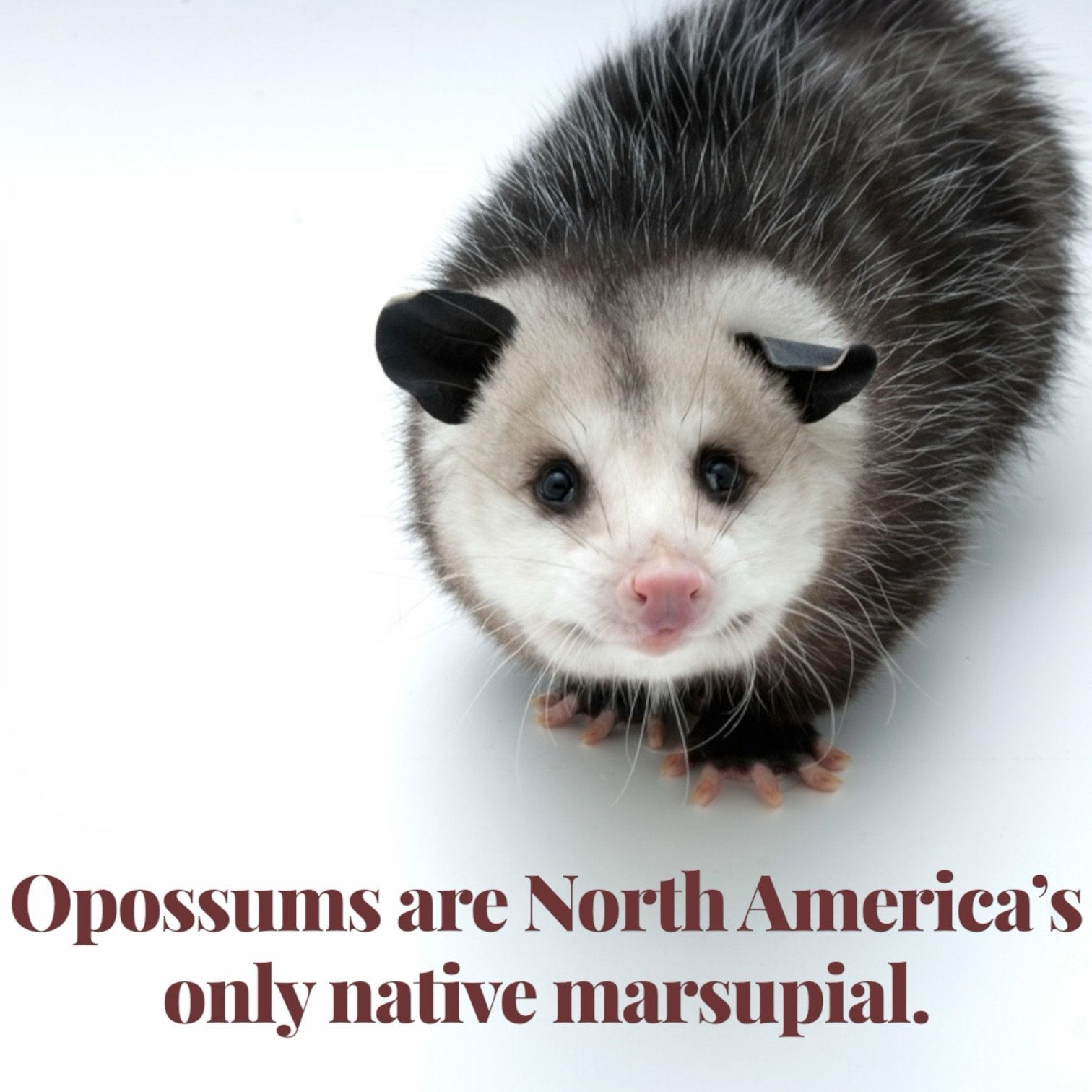
Want More Backyard Wildlife Tips?
I post helpful, weird, and sometimes hilarious facts about all kinds of animals on our Facebook page. So if you’ve got a soft spot for strange critters or just want to understand the wild things wandering through your yard at night…
👉 Follow us here on Facebook!
You’ll learn stuff most people never do—and you’ll be the friend who actually knows what an opossum is doing on their porch at 2am.


